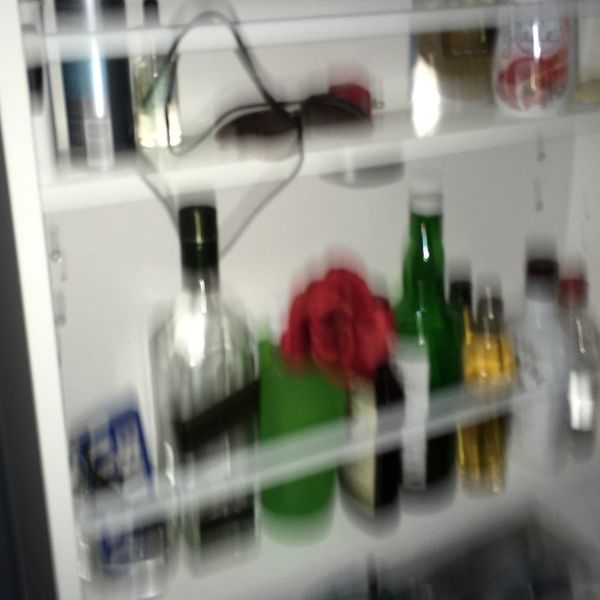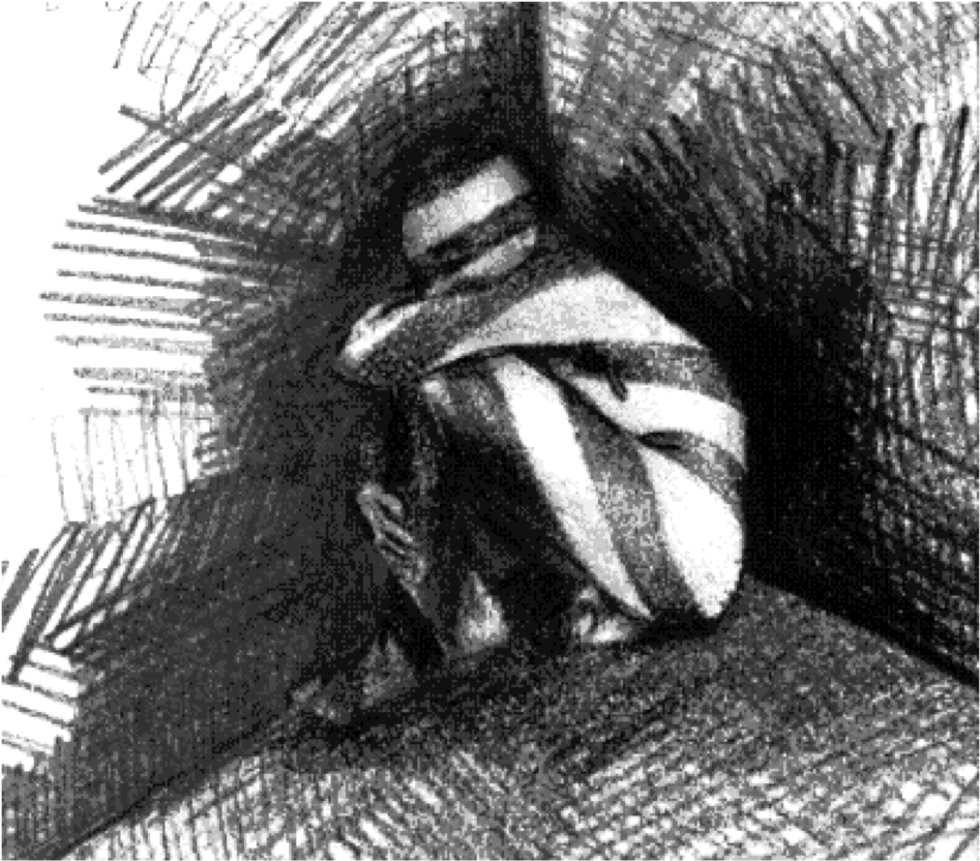“Who knows what true loneliness is – not the conventional word, but the naked terror? To the lonely themselves it wears a mask. The most terrible outcast hugs some memory of some illusion.” – Joseph Conrad
This quote reflects the aspects of Gregor Samsa's life in the book, "The Metamorphosis" by Franz Kafka. Gregor clings to the memory of his old human lifestyle, even though he is slowly being stripped of his humanity as he is transformed into an insect and becomes an alienated outcast from his family. He becomes more isolated over time as he strays further and further from humanity. Gregor’s transformation is an outward reflection of how he is alienated.
The burdens of the transformation cause Gregor to feel lonely and ashamed.
“… He got the sheet on his back and lugged it over to the settee, arranging it in such a way that it concealed him entirely, thereby preventing the sister from seeing him even when she stooped down.” (Kafka, page 20)
Gregor purposely cuts himself off from his sister so she doesn't have to endure the sight of his grotesque appearance. Without consciously doing so, Gregor begins to separate himself from his own family because he feels like a burden. Gregor grows more isolated as his own family ceases to care about him. His father treats him roughly and even pelts him with apples in order to keep Gregor in his room and away from the family. Gregor not only loses his hold on the world outside of his room, but he also loses love from his family.
Gregor yearns for proper treatment as if he were still a normal member of the family, but they lack sympathy for him.
“At first, he thought that his anguish about the condition of his room was what kept him from eating… the family had gotten used to storing things here that could not be put anywhere else, and now there were so many such items here…” (Kafka, page 31)
Without any regards to Gregor, the family turns his room into a storage room and neglects him. They are careless of Gregor, so they just dumped anything and everything into his room. The room remained dirty, since the only person that used it was Gregor, and no one cared about his comfort, for he was only a bug.
“Grimy streaks lined the walls, knots of dust and filth littered the floor.” (Kafka, page 30)
Keeping Gregor secluded in a room now used for storage confirms that his family sees him as nothing more than a bug rotting away in his filth. His family dehumanizes him until the very end. He becomes insignificant, and his family loses their need for him. Gregor further isolated as all pity for him is lost. His family cares so little for his existence that they even fail to give him food.
“…How well these boarders eat and I am starving to death!” (Kafka, page 33).
As time goes on, Gregor’s family stops loving him. The neglectful treatment Gregor receives worsens to the point of death because he eventually reaches the tipping point of his isolation.
Gregor’s metamorphosis is a reflection of himself and how he is withdrawn from the rest of the world. Gregor became the definition of alienation. He was treated with a lack of empathy from others, even though he still harbored the same mentality he had before his transformation. He was an outcast, clinging to his former lifestyle. He was then treated even lowlier than a pet, for at least pets are loved, but Gregor was like an insect: lonely, unloved and alienated.




















